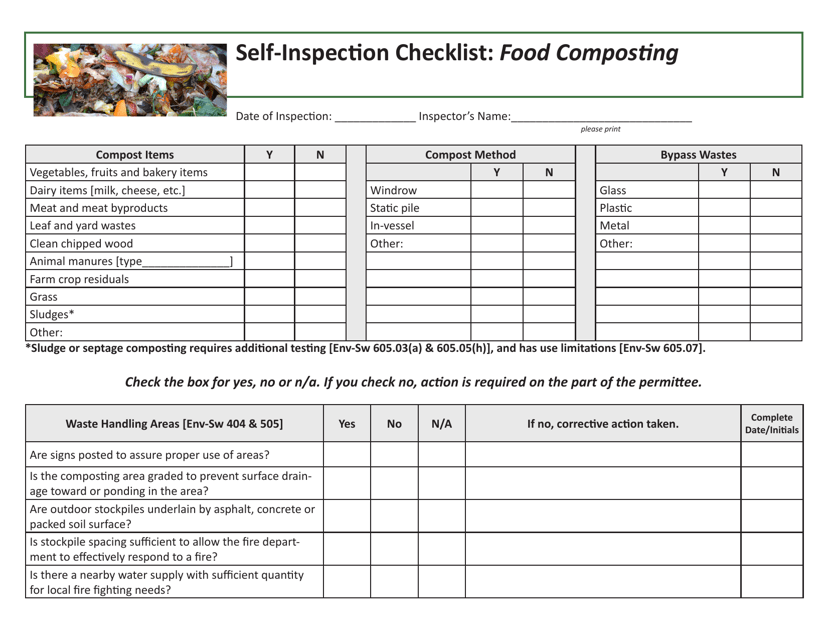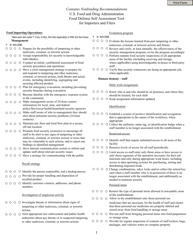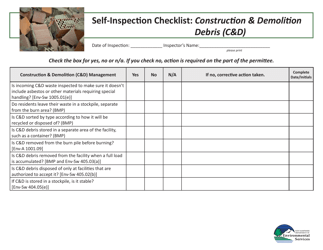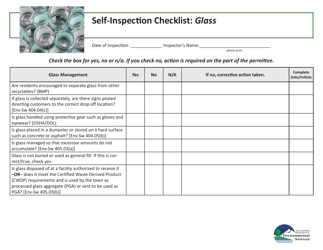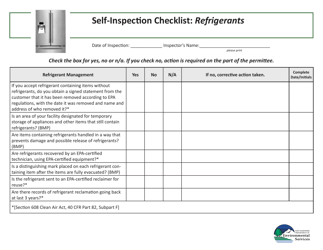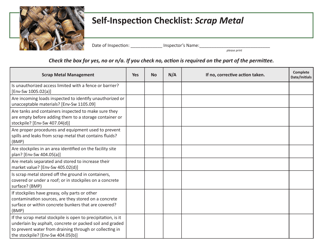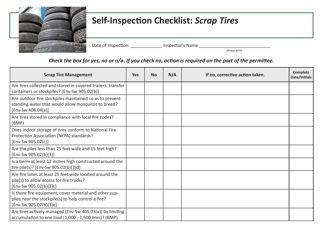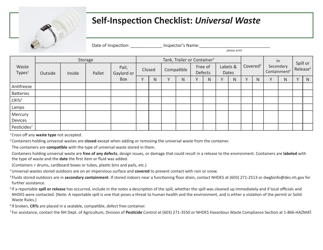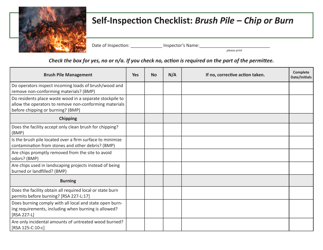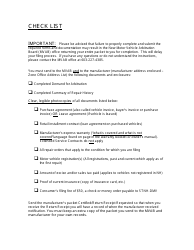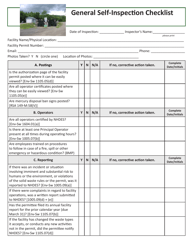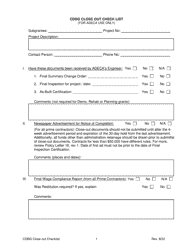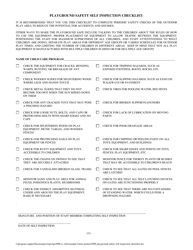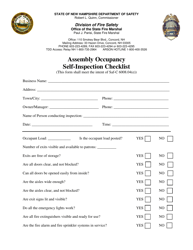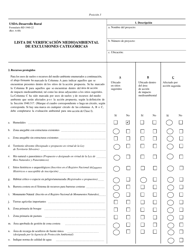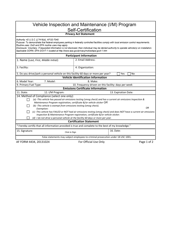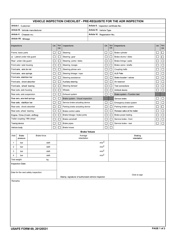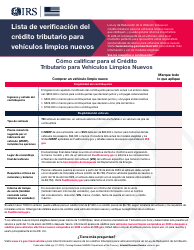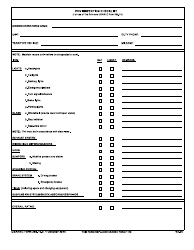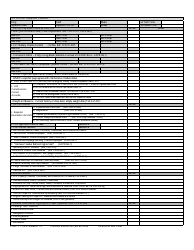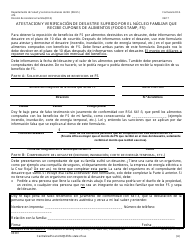Self-inspection Checklist: Food Composting - New Hampshire
Self-inspection Checklist: Food Composting is a legal document that was released by the New Hampshire Department of Environmental Services - a government authority operating within New Hampshire.
FAQ
Q: What is food composting?
A: Food composting is the process of recycling food scraps into nutrient-rich compost.
Q: Why should I compost my food scraps?
A: Composting food scraps helps reduce waste, save landfill space, and create compost that can be used to fertilize gardens and improve soil quality.
Q: What food scraps can be composted?
A: Fruit and vegetable scraps, coffee grounds, tea bags, eggshells, and nut shells can all be composted.
Q: What food scraps should not be composted?
A: Meat, dairy products, oil, and fats should not be composted as they can attract animals and create odor issues.
Q: How can I start composting my food scraps at home?
A: You can start by collecting your food scraps in a compost bin or compost pile, adding a mix of browns (like dry leaves) and greens (like food scraps), and regularly turning the compost to aid in decomposition.
Form Details:
- The latest edition currently provided by the New Hampshire Department of Environmental Services;
- Ready to use and print;
- Easy to customize;
- Compatible with most PDF-viewing applications;
- Fill out the form in our online filing application.
Download a printable version of the form by clicking the link below or browse more documents and templates provided by the New Hampshire Department of Environmental Services.
